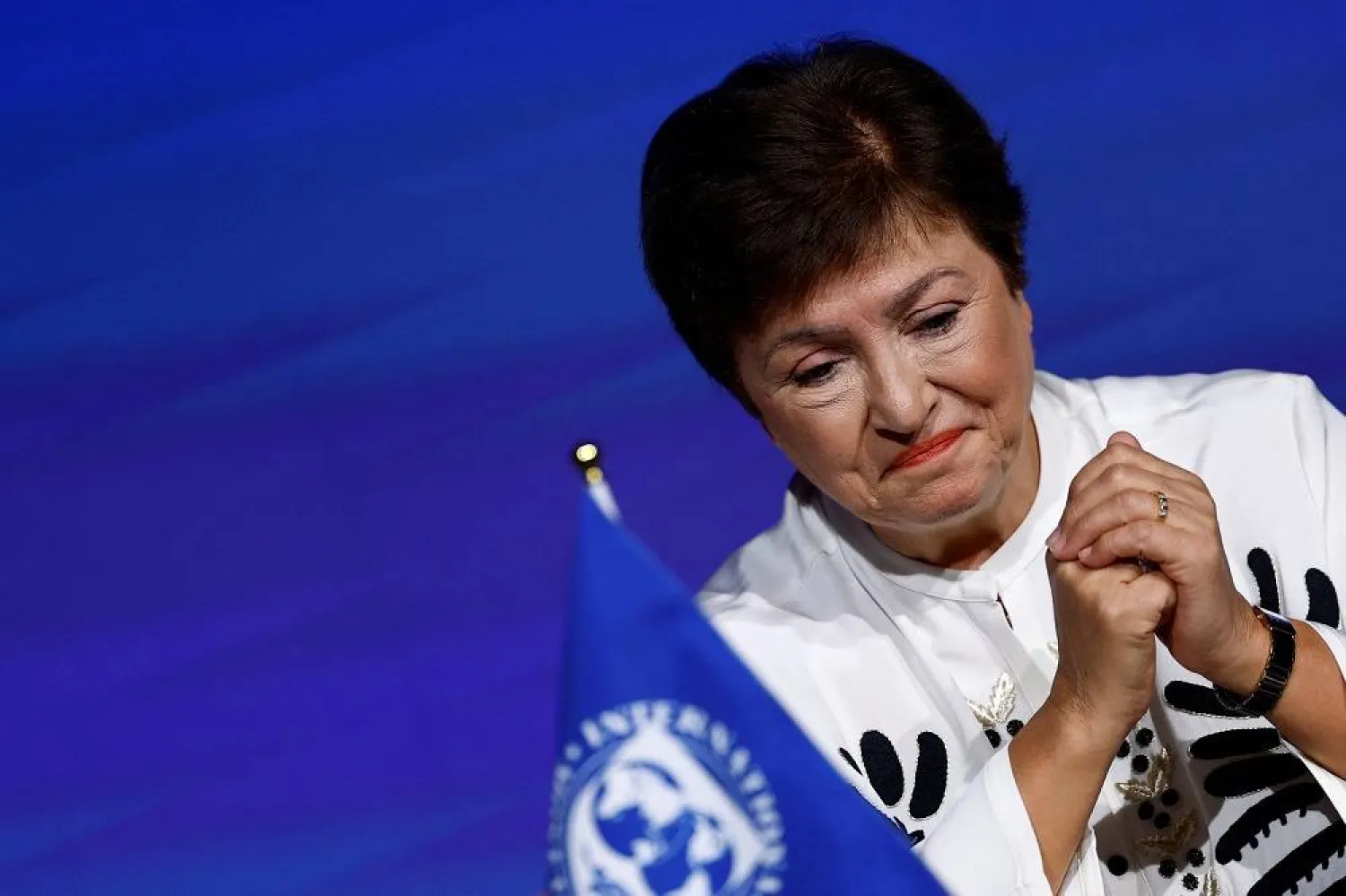European Central Bank President Christine Lagarde has attempted to calm speculation about her stepping down early that has called into question the central bank's separation from politics, telling the Wall Street Journal she expects to complete her term.
Lagarde's status as leader of Europe's most important financial institution
was plunged into doubt this week after the Financial Times reported she planned to leave her job ahead of next spring's French presidential election, giving outgoing leader
Emmanuel Macron a say in picking her successor.
In an interview with the WSJ on Thursday, Lagarde dampened speculation about an imminent exit but still left the door slightly ajar to the possibility that she might leave before the end of her contract in October 2027.
“When I look back at all these years, I think that we have accomplished a lot, that I have accomplished a lot,” she told the paper. “We need to consolidate and make sure that this is really solid and reliable. So my baseline is that it will take until the end of my term.”
Reuters exclusively reported that Lagarde had sent a private message to fellow policymakers reassuring them that she was still concentrating on her job and that they would hear it from her, rather than the press, if she wanted to step down.
The ECB has said that Lagarde has not made a decision about the end of her term, but stopped short of denying the FT report.
Some analysts thought an early exit risked tangling the ECB up in European politics as it could give the impression of trying to make sure France's eurosceptic far right, which could win next year's presidential vote, had no say in her succession.
Lagarde said last year she intended to complete her term, a commitment she has conspicuously failed to repeat this week.
Bank of France Governor Francois Villeroy de Galhau announced plans to step down from his job last week, in a move that gives President Macron a chance to pick the next French central bank chief, drawing sharp criticism from the far-right who called the move anti-democratic.
Villeroy's early departure and the confusion about Lagarde's future come just as US President Donald Trump is attacking the Federal Reserve, further stoking debates about central bank independence from politics.
"After the recent events in the US, this is another reminder that although central banks are nominally independent, who leads them and their worldview is a matter for high politics," economists at Oxford Economics wrote on Friday.
As the head of the euro zone's second largest economy, the French president plays an important role in wider negotiations to select the head of the ECB.
Polls show either far-right National Rally leader Marine Le Pen, or her protege Jordan Bardella, could win the French presidency.
While the party has long dropped a call for France to leave the euro, it is still seen as something of an unknown quantity in central banking circles.
According to Reuters, Lagarde told the WSJ that she viewed her mission as price and financial stability, as well as "protecting the euro, making sure that it is solid and strong and fit for the future of Europe."
She also said that the World Economic Forum was "one of the many options" she was considering once she left the central bank.
When Lagarde's name first emerged as a possible candidate for ECB president in 2019, she said she had no interest in the job and would not leave the International Monetary Fund, where she was the managing director.









